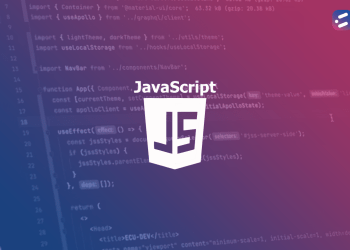Regular expressions (regex) are a way to describe patterns in string data. It is essentially a sequence of characters that specifies a search pattern in any given text (or what programmers refer to as a string). Regular expressions are part of many programming languages including Javascript, Perl, Python, PHP, and Java, and form a little language of their own.
For example, Digit would be ‘\d’, while ‘\D’ would signify the character is not a digit. Similarly, a word character would be signaled with a ‘\w’ and with ‘\W’ telling you it is what follows is not a word character. A text can consist of numbers, letters, space characters, and or special characters.
Regular expression defines a pattern of characters which is used for pattern-matching in “search-and-replace” text functions. It allows you to create patterns that help match, locate, and manage text a string of characters like used in an e-mail address or password to produce actionable information.
Evaluating regular expressions
Testing a regular expression involves first searching for errors and then testing it against input strings to ensure it accepts correct strings and rejects wrong ones. The two methods to evaluate d a regular expression are RegExp.prototype.test() and RegExp.prototype.exec().
The test() method searches for a match between a regular expression and a specified string and returns it as true or false. The exec() method executes a search for a match in a specified string and returns a result array or null.
Why use regular expressions?
They can help you find a needle in a haystack: Using regular expressions can help you quickly and accurately find and extract key information from large amounts of text. They can literally help you find a needle in a haystack, allowing organizations to redirect their human resources to other areas. Regular expressions are particularly useful for defining filters as they contain a series of characters that define a pattern of text to be matched.
They speak many languages: Regular expressions can be used across development languages such as Javascript, Perl, and so on. Also, some properties can be used across all languages. This would mean that similar syntax is used across development languages reducing the time taken in the developmental process. In fact, there are very few programming languages that do not understand regular expressions.
They’re fast: There is less code in regex and so think of the time saved when a developer does not have to write code step by step. A single regular expression takes less time to test and debug and is easier to manage and maintain. Since there is less code, the coding per se is cleaner. Also, regex allows for faster validations. For example, instead of IF and ELSE operators, you can validate once with a regular expression.
Regular expressions are a great tool for programmers and we can help you leverage them. Time to ‘Lookahead’ with regex. If you would like more information, do get in touch with us.












